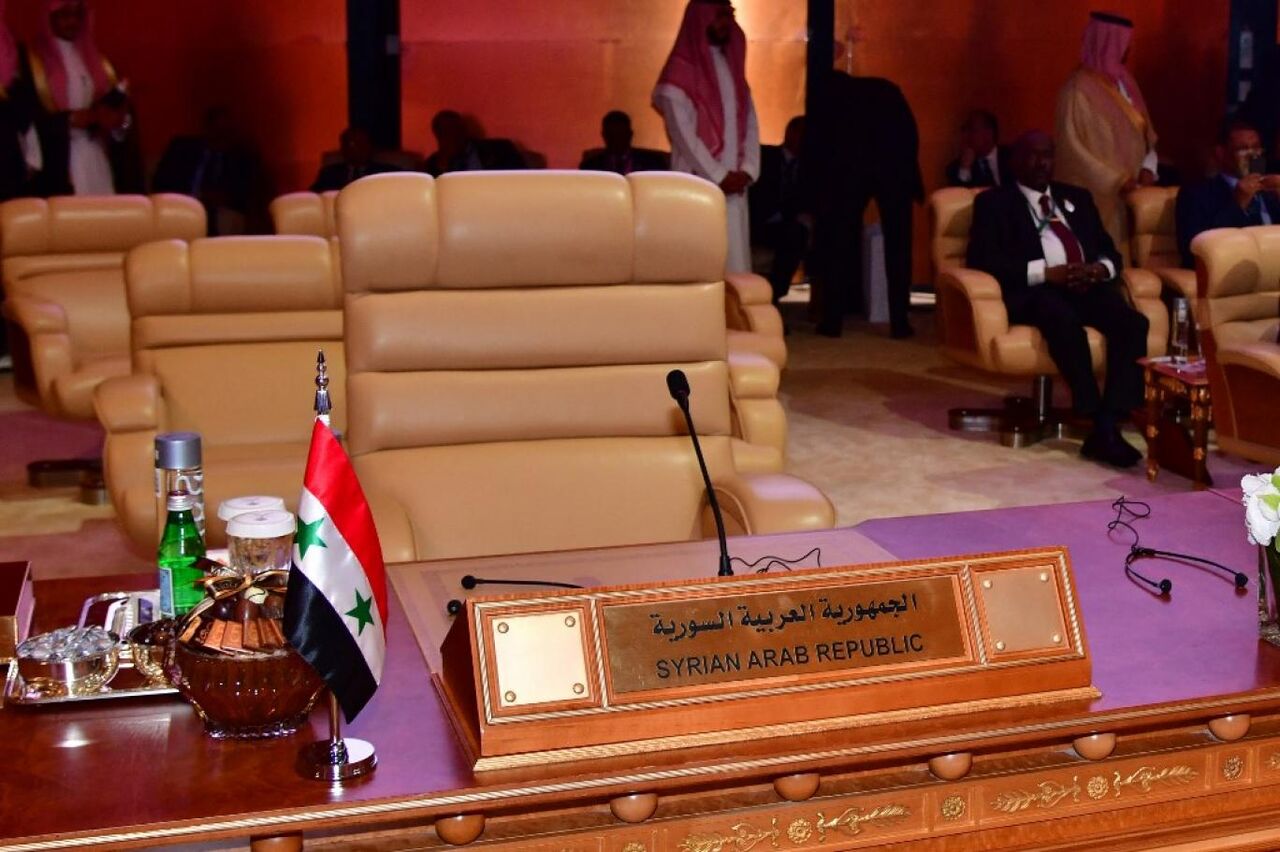Speaking in an interview with the website of the Strategic Council on Foreign Relations about the reasons for such transformation in the policies of some Arab countries towards Syria, Davood Ahmadzadeh said: About 8 years have passed since the widespread civil unrest and the Syrian civil war; during those eight years, the Arab axis, led by Saudi Arabia and the United Arab Emirates, used all its financial and military capabilities to strike a blow on the system in Syria, that is to say Bashar Assad. Sending military equipment to the Salafi and Takfiri groups, including Al-Nusra Front and other terrorist groups inside Syria, was one of the main strategies of the Arab countries to overthrow Bashar Assad.
He continued: But, on the one hand, the experience of Arab countries, due to the role of the Axis of Resistance in Syria and the public support for the system of Bashar Assad, and on the other hand, the strategic interests of the Russians in Syria, prevented realization of the belligerent policies of the Arab countries in Syria.
Pointing out that next to the Arab axis, the other active axis in the Syrian area was Turkey, Ahmadzadeh stressed: Ankara played a very destructive presence in the developments in Syria due to the common border and some historical expectations on areas in Syria.
He added: Nevertheless, we were witness that with the change of equations in the region, especially the multilateral talks with the presence of Tehran, Moscow and Ankara and the efforts of the main actors of the developments, aimed at creating relative stability in that country, a greater gap was created in the Turkish-Arab axis. Therefore, it was after this that we saw clear signs of change in the positions of some countries aligned with Saudi Arabia in Syria, to the extent that Qatar has long separated its way from Saudi Arabia and the UAE and is trying to play a constructive role in the developments in Syria.
The expert also referred to the shift in the outlook of Riyadh to the Syrian crisis, explaining: It should be noted that for Riyadh, successive failures in the field of regional issues and strengthening the role of Iran and Russia in Syria have made Yemen security priority of Saudi Arabia instead of Syria. Thus, the leaders of Saudi Arabia, despite paying heavy financial and military costs, relinquished some of their maximum demands in the overthrow of the Syrian system and creation of a government aligned with that country.
Ahmadzadeh continued by referring to new signs of a further rift in the Saudi-led coalition over Syria and Yemen among its close allies, that is the UAE and even Jordan and said: Jordan, which has traditionally had economic and political ties with Syria, after the relative stabilization of situation in that country, has started overt and covert efforts to renew diplomatic relations.
The expert on the Middle East affairs also referred to the differences between Riyadh and Abu Dhabi over the issue of Yemen, saying: With regard to the divisions between the UAE and Saudi Arabia over the south of Yemen in recent months, we have seen that Abu Dhabi, while giving grimace to some of regional policies of Riyadh, is trying to revise some of its previous policies in addition to its trade presence in Syria even openly talking about resolving disputes with Iran and negotiating with our country’s political officials.
As for the effects of such policy change and its impact on the Washington and Tel Aviv strategy in the region, he said: In such circumstances, with the recent changes in the region, we may soon see the failure of previous coalitions and the creation of new blocs of power in the Arab Middle East; this could further clarify the US security concerns on the one hand and those of the Israeli regime on the other.
The expert, putting emphasis on some analysis that with the end of the war in Syria and the renewed efforts of the United Nations and countries of the region to create new political mechanisms aimed at forming an internal consensus and breaking the deadlock, conditions for an economic competition in Syria will begin, adding: This means that yesterday enemies of Syria will enter into a political and economic phase from a military phase to take advantage of the new situation in that country.
As for the role of Riyadh in the current situation, he said: In the meantime, Saudi Arabia, given its economic and political capabilities, will be willing to participate in Syrian reconstruction projects.
In conclusion, Ahmadzadeh said: Therefore, the main point is that today a profound transformation is taking place in the Arab Middle East region which, assuming the effective result of the Iranian nuclear talks, there is the possibility that regional issues will be discussed more objectively among the main actors, that is to say Iran, Turkey and Saudi Arabia and some neighboring countries.










0 Comments